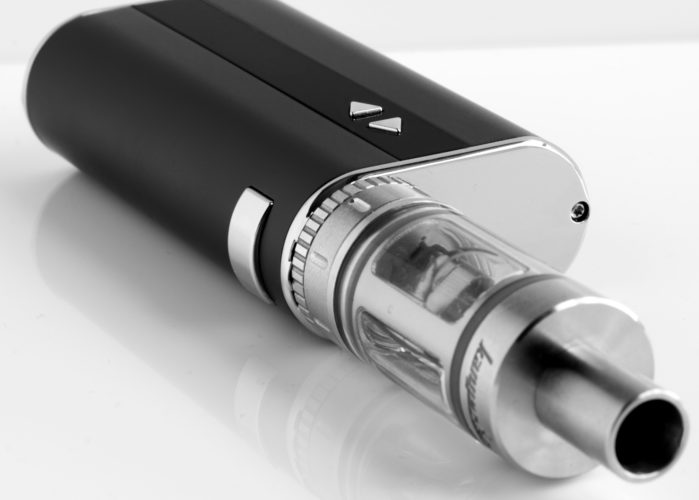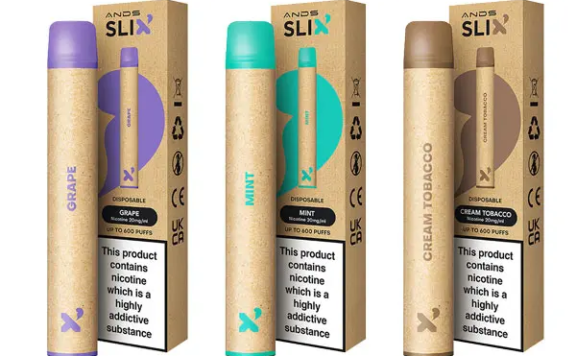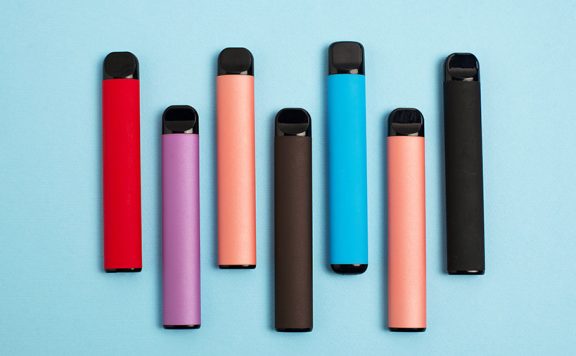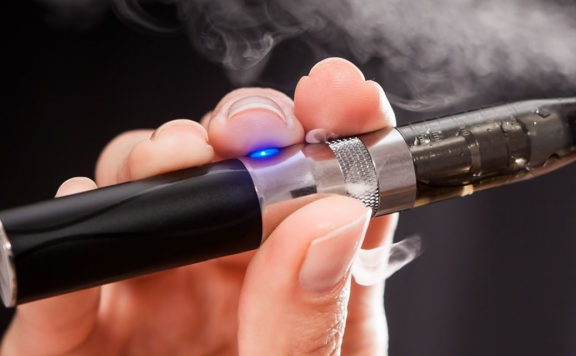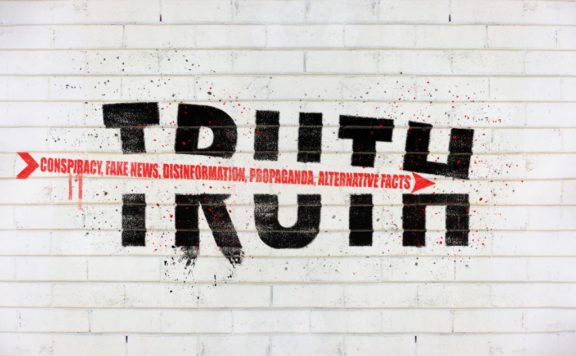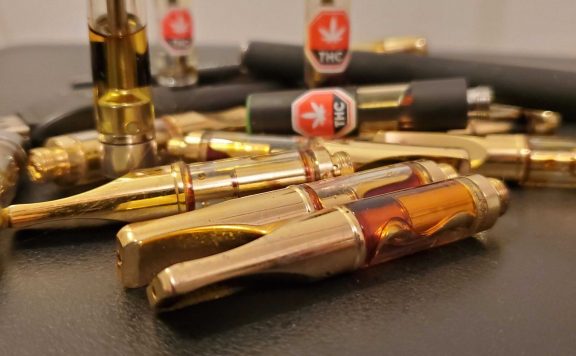David Ige, the governor of Hawaii, has recently revealed that people who support anti-tobacco products, as well as the local industry of tobacco products, have both given a hand to the governor’s veto over banning anti-vaping products.
The U.S. Food and Drug Administration made an announcement on April 28, 2022, regarding new rules and regulations that ban the manufacture and sale of menthol and all vape flavors and flavored cigars.
The bill was passed by David Ige to impose a ban on all types of flavored tobacco products because research indicates that flavored products are more dangerous than non-flavored ones. He insisted that he appreciates the efforts made to wean off the usage of vapes, however, people who advocate anti-tobacco products were not found to support his decision.
According to the policy and advocacy director at the Hawaii Pacific Health Institute, Amanda Fernandes, the bill had been revised too many times at the hands of the Education Committee and the Senate Health.
She further added that it was the JUUL Lab lobbyist who lodged the request to make the amendment. JUUL lab is an American company that produced electronic cigarettes. The purpose behind this amendment is primarily to excuse the usage of certain flavored tobacco products such as menthol cigarettes. Moreover, the request would result in the exclusion of any product banned by the FDA already. Therefore, this amendment provides the state with the authority over putting a ban on flavored tobacco products as directed by the federal government.
However, this proposal does not come risk-free. Unfortunately, there exists a high risk of a sudden hike in the use of vapes among youth after the JUUL ban through a black market further worsening the whole scenario, a vape shop owner suggests.
Teens are also said to have found a loophole after the JUUL ban. The ban was targeted to mitigate the growing usage of flavored tobacco products but a growing trend in the sales and manufacture of synthetic nicotine has been observed which is no less a concern.
Rule makers need to learn from the 2018 example of San Francisco when the ballot measure was approved to ban vape flavors and other flavored tobacco products which instead of generating positive results took ab wrong turn and lead teens to adopt traditional smoking cigarettes.
Not only that, the government needs to look for a solid plan to take into consideration the black-market sellers both online and in person before it is too late.

